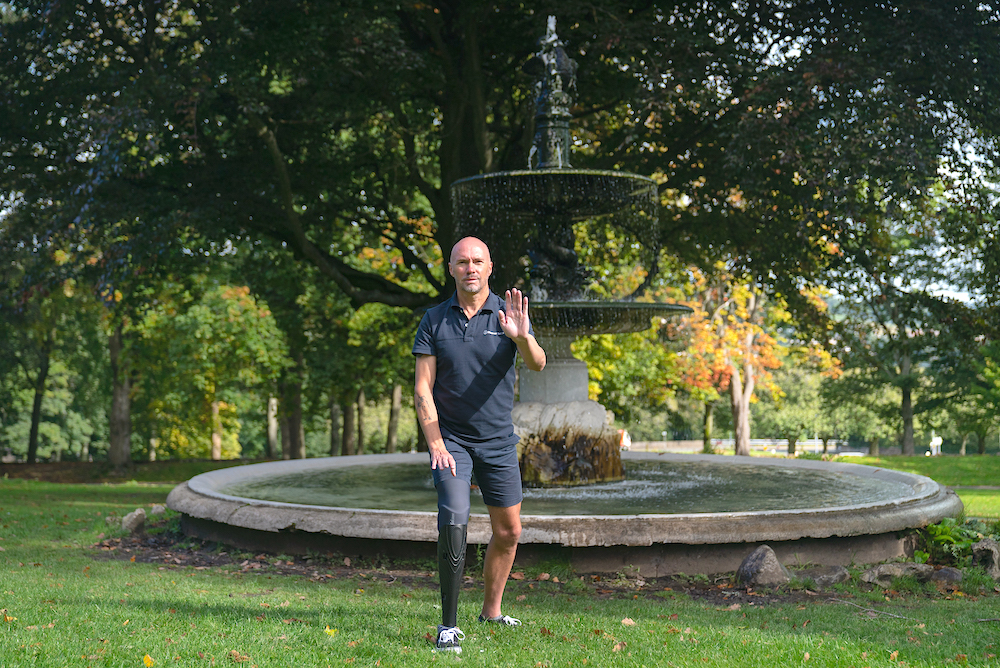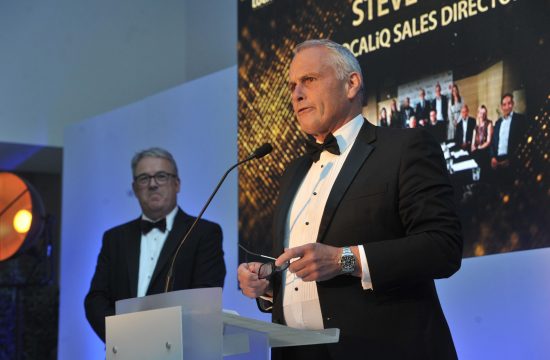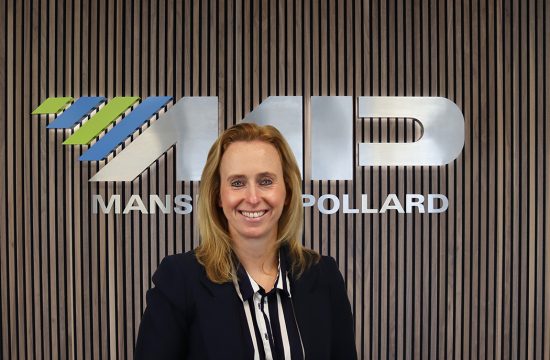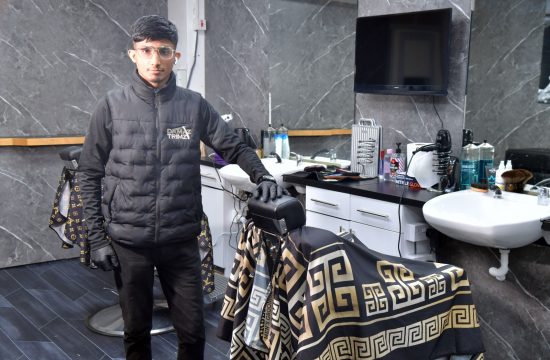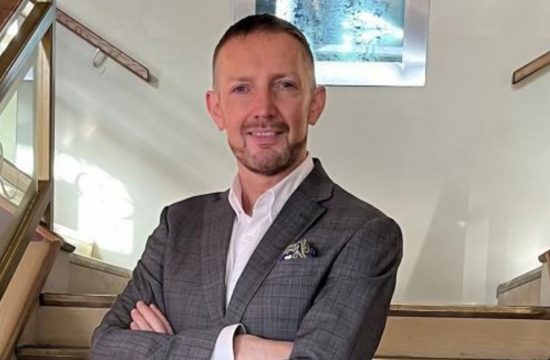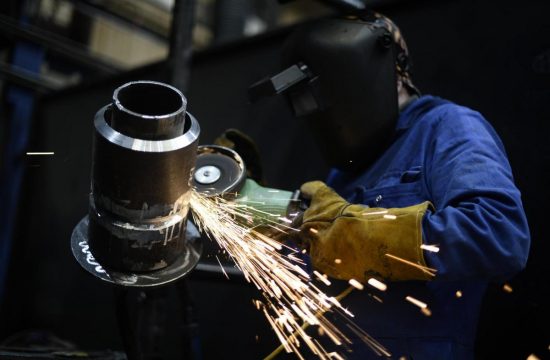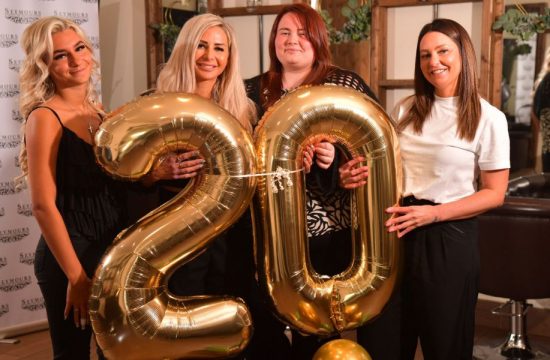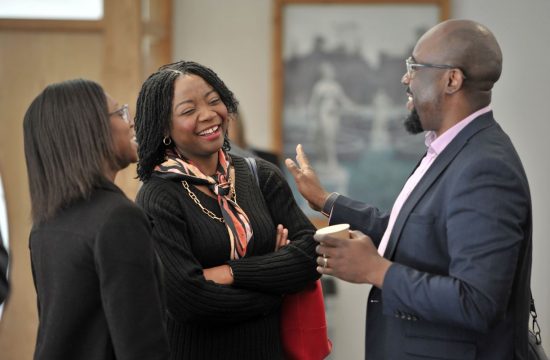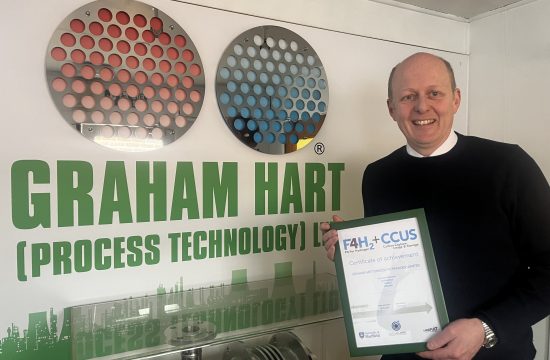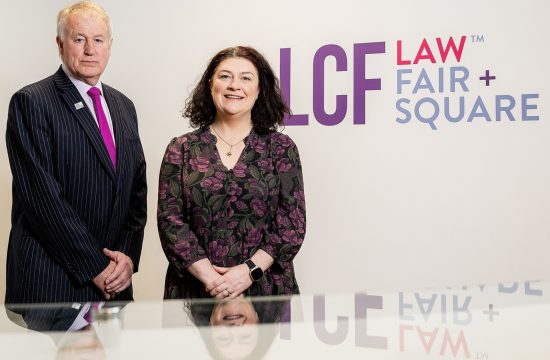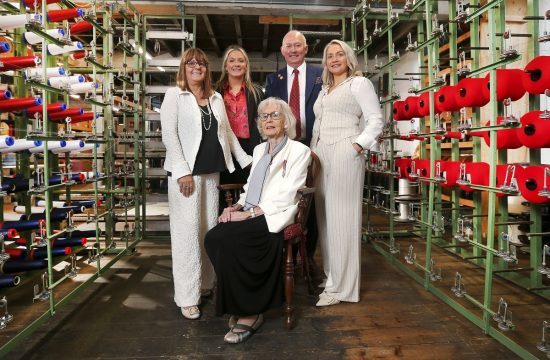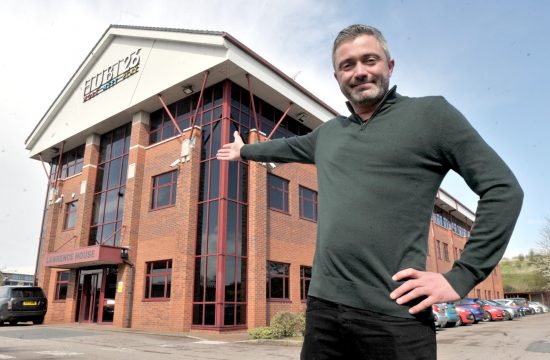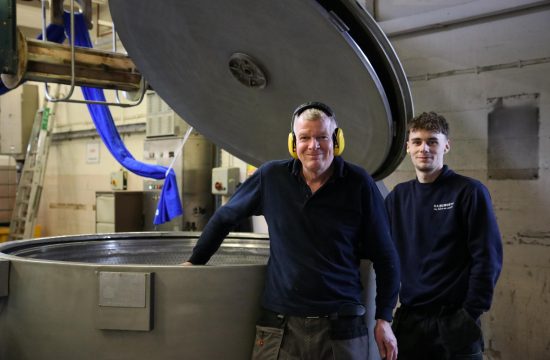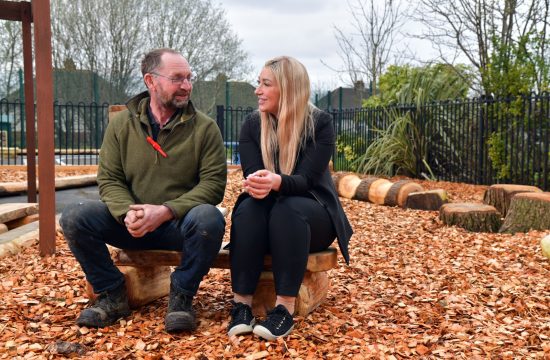The effects of the coronavirus pandemic are likely to be felt for decades to come, and just how much impact it will have on business will only become clear over time.
One area where there has been a significant impact for everyone has been on mental health, particularly in the workplace, with the pandemic introducing stresses and strains people couldn’t have even imagined little more than a year ago.
One small Keighley firm is playing its own role in helping to tackle that concern at companies across the globe.
Damian Holmes spoke to Philip Sheridan and Helen Parsons, the owners of Discover Tai Chi, about how their work is spreading internationally and how vital it is for people to be mindful of their mental health for Bradford Means Business recently.
The reputation of Keighley’s Discover Tai Chi is spreading. Being forced to move online with all its services at the start of the pandemic has seen clients from across the UK contacting them, and they have taught people across Europe and as far afield as the UAE, Dubai and Ukraine.
But early last year, the picture looked bleak for owners Helen Parsons and Philip Sheridan. They had no choice but to close all their classes towards the end of March last year as lockdown began in the UK as Covid-19 took grip.
As for many other large and small businesses around the world though, the lockdown also presented new, if challenging opportunities – and they immediately threw themselves into overcoming the challenges to embrace the opportunities.
They immersed themselves in learning the technicalities of live streaming, offering classes via Zoom, building a brand new website, and generally working out ways of building networks online.
“In many ways Covid popped the bubble we found ourselves in and allowed us to rethink what we do and explore why we do it,” Helen said.
“The recent interest we’ve gained from corporate clients not long after completing our website, a real confidence booster by the way, helped us think beyond local, or even national, but recognise we could also have a global reach. That’s very exciting.”
Philip says there are three key areas they focus on with their teachings – strength, balance and relaxation – which are essential qualities within Tai Chi and are fundamental in people’s day to day lives.
“Not only do we need physical strength to get out of our chair we need mental strength to face challenges that arise,” he said.
“Physical activity guidelines around the world now recommend everyone engage in muscle-building activity twice per week. People without noticing start to use their arms to help them stand up out of their chair. If you are sat down reading this we would quickly ask you to stand up and notice how you do it. Did you use your arms, did you feel stable?
“Mental strength can also be thought of as fortitude or perseverance. China has a long history with relatively few periods of peace and stability. Our mental and physical balance is also intertwined. People who feel physically less balanced are more likely to be anxious.
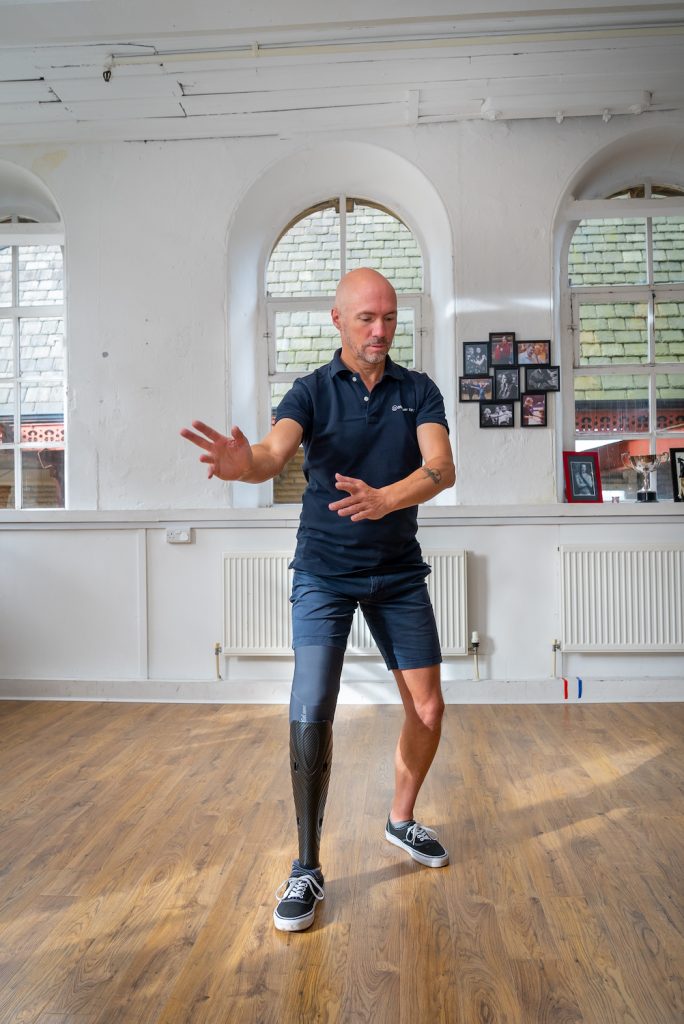
“In everyday terms, if we say someone is grounded or well-balanced we are normally referring to their mental state, not their physical state. In Tai Chi, we know that by physically practising being balanced and more grounded we can help our mind to be more grounded too. Learning how to relax is a big part of most physical skills whether it be carpentry, archery or horse riding.
“When someone looks skilled in their work or art form, such as a dancer, it looks effortless. Tai Chi has a strong focus on helping us learn to relax while moving. This can help us in everyday life to reduce the tension in our muscles helping to relieve stiffness and joint pain. We go through an easy range of motion without straining or stretching. Gently over time muscles reduce their stiffness and soreness.”
Between them, Phil and Helen have a combined experience of 47 years teaching Tai Chi to people of all backgrounds, and are both well-qualified for the work.
Helen is a registered healthcare professional as an Occupational Therapist, and Phil is a professional educator teaching at the School of Medicine, University of Leeds.
“We bring a level of knowledge and experience not just in Tai Chi for health and wellness, without parallel. This is evidenced by the feedback we receive from both participants and teams we work with,” said Helen.
Philip has himself overcome severe physical and mental challenges which help him to understand the issues their clients sometimes face.
In 2002, he almost died in a road accident, suffering devastating injuries which led to the eventual amputation of his right leg.
He has no doubt that overcoming this trauma has helped shape the way he can interact with those who have their own issues.
“My disabilities, physical and mental – I live with episodes of depression and PTSD as a consequence of my accident and long recovery – enable me to connect, empathise, and relate to participants who also have faced and live with adversity everyday,” he said.
“It could be as a consequence of living with a long-term health condition or as a carer for someone close to them. In many ways my acquired disabilities have helped unlock a lot of appreciation and self-compassion for myself and others.
“We all struggle from time to time, some more than others. We can all, as we encourage in our classes and workshops, be a little more kinder to ourselves and others, and say ‘thank you’ for the blessings we have each day.”
That struggle has undoubtedly been amplified over the last 12 months by the pandemic, and that has only increased the importance of workplace mental health.
It was already an issue that was being given far more attention by businesses in recent years, but the particular stresses and trauma people have faced globally over the last year has put it into much sharper focus.
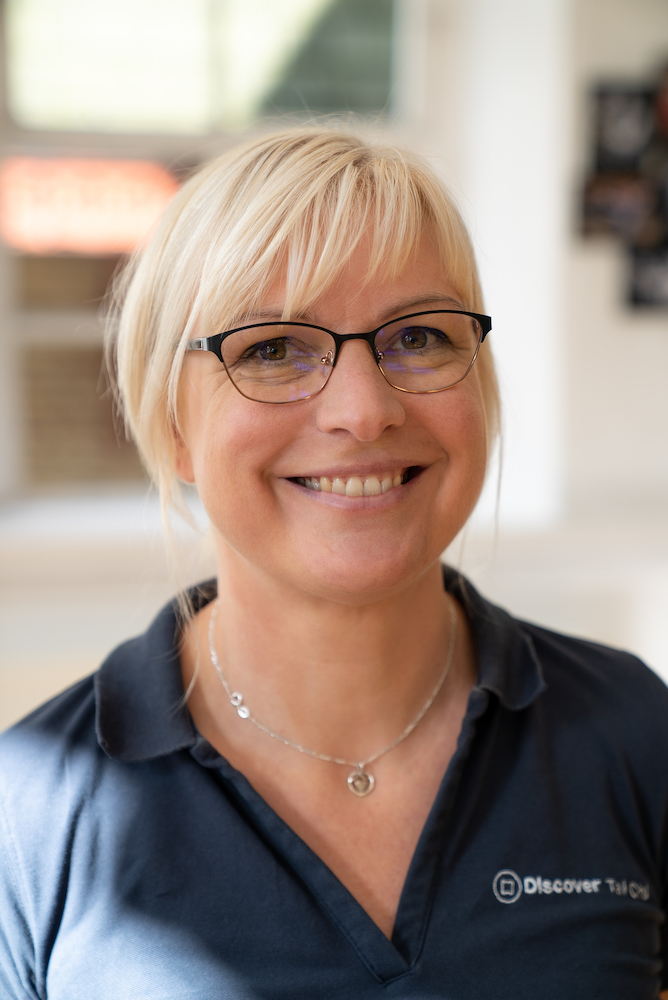
Helen says the pandemic has left the world a different place. “Covid has changed the world, of that we can be sure. Some elements of life will return to normal pre-covid times, but in many ways Covid has shaken the world of work and business in ways that will play out over the medium and long term,” she said.
“Workers who could do so realised that he didn’t need to be tied to the office 24/7, and businesses have recognised that too. Tai Chi helps us develop a level of mental flexibility and willingness to adapt to change. That’s just what businesses and workers around the world have had to do.
“We often talk about Tai Chi teaching the tools for change in an embodied exercise. Tai Chi as an art was born out of some of the most tumultuous periods China has experienced. It teaches us about resilience and working together to support others.
“It teaches us when we need to cut our losses and move on, and when we need to hold fast and stick to our guns. Knowing the difference between the two is the art that we all learn overtime.
“We see it now in the challenge faced by political and business leaders globally as they deal with a range of complex priorities from balancing the budget to looking after your people.”
Workplaces now had to recognise that challenge and move on from what she says could appear to be “rather whimsical initiatives for busy executives” to a more “roll your sleeves up stance”.
“Solutions to Covid in real terms have come about as consequence of cross boundary collaboration, a willingness to embrace uncertainty while using tried and trusted tools for managing change. It doesn’t take much looking to find those stories everywhere in business,” she added.
Since going online, Discover Tai Chi now has a gloal reach. Philip says they have dealt with companies in London whose staff were based in Europe, UAE, Dubai, and Ukraine.
Since January, the company has taken on new contracts with Bridge Partners Ltd – a London-based IT support specialist – and Doctify.com, an online health review platform, and have other exciting contracts in the pipeline.
Helen says: “The impact of Covid has meant that mental health and wellness has become a significant health concern – and this has led employers to consider a more holistic approach in how they support employees’ wellbeing.
“We are delighted to be working with a wide range of businesses, including Bridge Partners and Doctify, which have adapted and adopted new ways of working and looking after their employees – many of whom are working remotely.
“We have had some fantastic feedback, with a couple of participants saying how their team had been ‘buzzing’ after our first session and that our sessions had struck a balance between being physically active and mindful aware. The activities can be done seated or standing and are easily adapted so that everyone can join in.”
The changes have in some ways altered Philip and Helen’s own perspectives on the role of their business going forward.
Philip explains how that has manifested itself. “We’ve also realised our value as mentors and in consultative roles, despite being a small business,” he said.
“Our social purpose and values have stood us in good stead with much good will being returned to us in both tangible and intangible ways during this past year from participants and other businesses we have supported.
“It goes to show that living by your values and mission pays dividends in the long run. We’re here to be a sustainable business but a key part of our mission is to support other businesses and charities to be successful too. We’re here to help everyone rise.”



